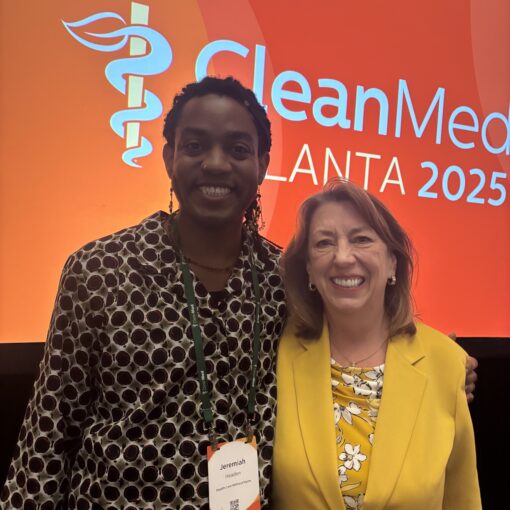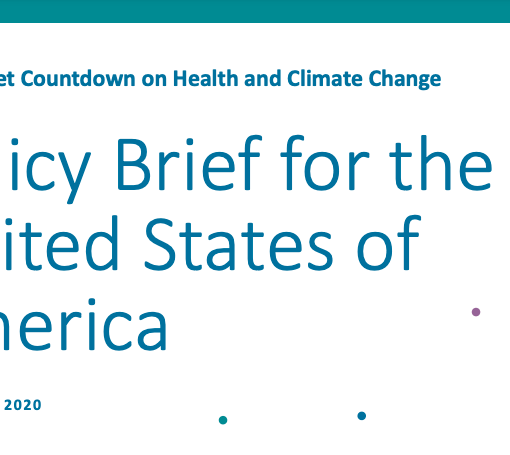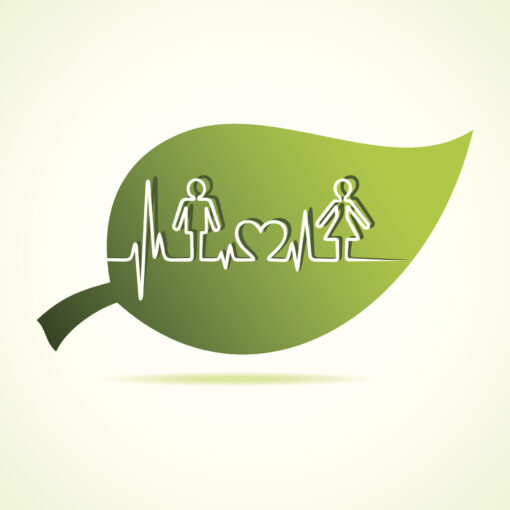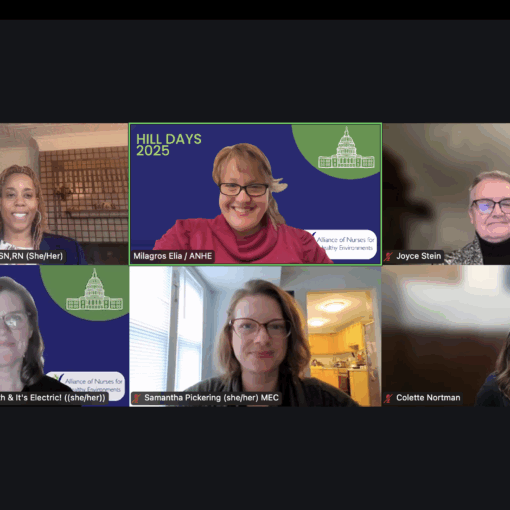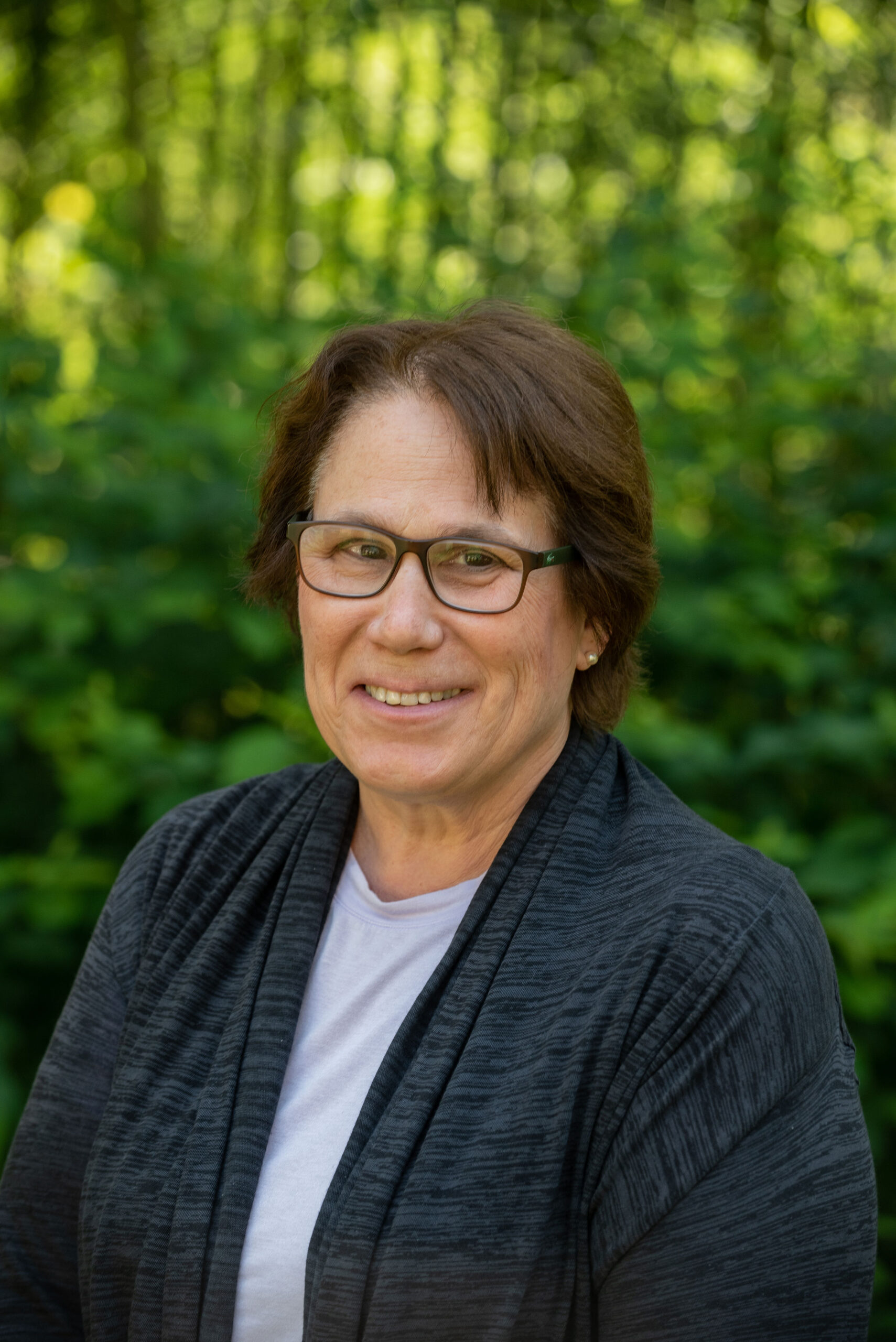 In June 2019, the Alliance of Nurses for Healthy Environments (ANHE) launched the first of its kind Environmental Health Nurse Fellowship program to train nurses to work with communities in tackling serious environmental health threats. Funded by the Kresge Foundation, the program has a particular focus on climate and health equity, environmental justice, and climate resilience. Paired with expert environmental health nurse mentors, the fellows are conducting projects in partnership with communities to build support for community-driven solutions. Learn more about the nurses participating in the 2019-2020 fellowship cohort here.
In June 2019, the Alliance of Nurses for Healthy Environments (ANHE) launched the first of its kind Environmental Health Nurse Fellowship program to train nurses to work with communities in tackling serious environmental health threats. Funded by the Kresge Foundation, the program has a particular focus on climate and health equity, environmental justice, and climate resilience. Paired with expert environmental health nurse mentors, the fellows are conducting projects in partnership with communities to build support for community-driven solutions. Learn more about the nurses participating in the 2019-2020 fellowship cohort here.
We asked ANHE fellow Linda Mendonca the following questions (in italics). You can read her answers in regular font below each question.
What brought you to the ANHE fellowship program, and what excites you about this program?
While practicing school nursing for over twenty years I saw many environmental issues in the school setting that were ignored. Many of these issues impacted students and teachers with chronic diseases such as asthma. My passion for wanting to help make change and learn more about environmental issues inspired me to apply for the fellowship.
Please describe your experience in the fellowship program so far.
This fellowship opportunity has been a positive experience so far. The monthly webinars have provided learning on environmental health topics that I was not as familiar with. It has broadened my knowledge base and given me ways to help communicate to a larger audience. This work is not easy and does pose challenges. Many times communities and/or municipalities do not work well together due to bureaucracy and differing opinions. Lack of funding in finding solutions for dealing with environmental issues can pose challenges as well.
Tell us a bit about your fellowship project and the partnering community and community-based organization.
For my fellowship project, I’m working with Childhood lead Action Project, a non-profit organization located in Providence, RI focused on education and advocacy to ensure children are living in an environment that is free from lead exposures. My project has been participating in the Central Falls – Childhood Lead Safety Coalition. The aim of the coalition is two-fold: 1) working with city hall to ensure that compliance of lead safety certificates in homes (especially landlords) are being monitored, and 2) educating the residents of Central Falls regarding their rights as tenants and to understand the impact of lead poisoning. The project has involved many meetings with city officials, and my role has been to discuss the health impacts of lead exposure in children at these meetings. To further the reach of the program, we are working with the school department to conduct outreach to parents, teachers and school nurses on lead exposures and children’s health, along with strategies to reduce health risks.
How has the Fellowship program provided you with the tools and resources to address environmental health issues as a nurse working in partnership with communities and community-based organizations?
Many of the webinars have provided new information about best practices for working in partnership with the communities. Having detailed information regarding the process for community engagement – identifying an organization of interest, conducting a community needs assessment, and developing a plan in partnership with a community-based organization has been helpful. The structure of the fellowship as a process with ongoing learning has helped enhance the work I’m doing in partnership with Childhood Lead Action Project. The increase in my knowledge on environmental issues and the satisfaction of partnering with a community to address an environmental issue that impacts their health is very inspiring.
Tell us how the ANHE fellowship program has changed or shaped the way you think about your role and the role of nurses in general in addressing environmental health. How do you think the ANHE fellowship program will impact your next steps or career in the future?
This fellowship has enhanced my teaching practice. I teach Public/Community Health to undergraduate BSN students and cover a module on environmental health. I will be incorporating the new knowledge from the fellowship into the course module. The school environment and children’s health is also important to me. I currently serve on the Healthy Schools Network board and work closely with school nurses as a state school nurse consultant and President-elect of the National Association of School Nurses. In these leadership roles, I plan to educate and increase awareness around environmental issues among nurses.
What recommendations, tips, or lessons learned would you like to share with other nurses who want to get more involved with environmental health initiatives and projects.
Environmental issues such as climate change do impact health. Be aware of your environment – food you eat, personal hygiene products you use, the spaces you frequent – where you live, work, go to school and play! Take action when you become aware of an issue impacting the environment and advocate for change.
Linda Mendonca, MSN, NCSN, PHNA-BC, FNASN has been a registered nurse for 38 years practicing school nursing for 23 years overseas and in five states as a military spouse. With the practice of school nursing in the arena of community health; Linda has had the opportunity to network and collaborate with many community partners here in Rhode Island. She has served on school nursing organization boards on the state and national level. She currently teaches community/public health nursing at RI College School of Nursing and consults part-time as a state school nurse consultant at the RI Department of Health. Linda is very passionate about environmental health and currently serves on the RI leadership and Northeast boards for the American Lung Association and the RI Asthma coalition. Other work includes her role as VP serving on the Healthy Schools Network board; a national organization advocating for a healthy school environment and is a member of the ANA-RI environmental health subcommittee.

